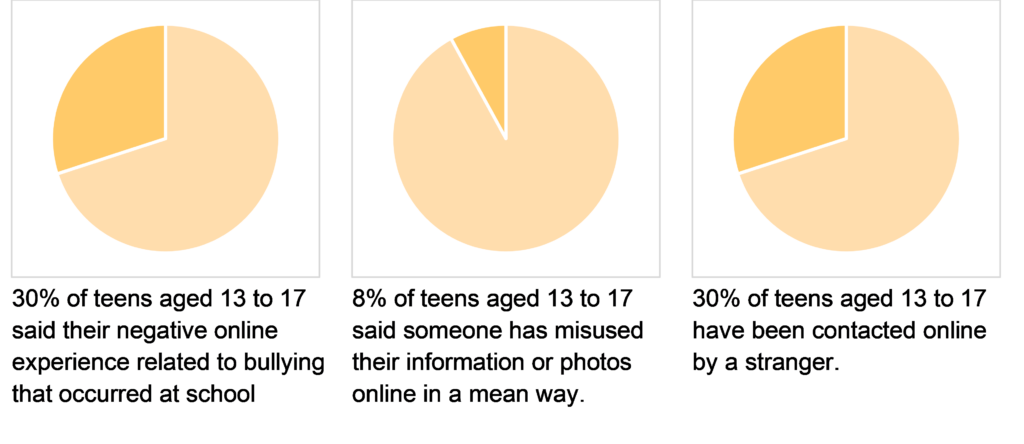The September school holidays are around the corner, and summer holidays will be here before we know it. With holidays can come students going to parties, drinking, taking “compromising” photos and spending many more hours than usual on social media. As part of our work for National Child Protection Week (3 to 9 September 2023), we’ve reflected on the key risks to young people heading into school holidays and the extent of the school’s duty of care in that holiday period.
What is the duty of care?
It is the duty of schools and teachers to take reasonable steps to reduce the risk of reasonably foreseeable harm occurring.
The extent of the duty of care has steadily been increasing in recent years, both through legislative tools (Ministerial Order 1359) and case law. We’ve previously explained the expanding “school environment” and decision of PCB v Geelong College [2021] VSC 633. The key takeaway from this case was that schools can be responsible for the acts of third parties, who are volunteers, or members of community groups, when the school facilitates the introduction or connection with students, and risks are reasonably foreseeable but not addressed.
What are the risks students face over school holidays?
Discharging the duty of care means understanding what reasonably foreseeable risks students are facing. Over school holidays, we have seen risks of:
- cyberbullying, with additional time spent on social media as a way to connect with friends, and isolation exacerbating the effects of the cyberbullying. Of the teenagers who have negative online experiences, 30% said this was related to bullying which occurred at school.1
- deteriorating mental health. We learnt from remote learning that time at home and isolation can significantly impact some children’s mental health; and that home may not always be a safe place;
- non-consensual sexual activity, noting Victoria has introduced an affirmative consent model;
- alcohol and drug taking at parties, and photos and videos of subsequent behaviour being posted either with or without consent on social media. In the 2020 eSafety survey, 8% of teens reported that “Someone misused my personal information/photos online in a mean way”.
- developing online relationships with people they don’t know, which can lead to grooming. In 2020, 30% of teens surveyed by eSafety were contacted online by a stranger.2

What are reasonable steps to reduce the risk of these harms?
Schools cannot, and are not expected, to prevent any harm occurring. Instead, the duty is to take reasonable steps to mitigate the risk of these harms occurring. Schools may well have a duty of care to students even on term break, particularly where behaviour involves another student from the school. Once the school is informed of any issues, it needs to act and take reasonable steps to investigate. Whilst general reminders are insufficient to discharge the duty of care with respect to known incidents, a reasonable step towards discharging the duty of care will often be education. With the reduced level of supervision and oversight over school holidays, providing students with information about their rights, responsibilities and how to seek help and support can prevent harm occurring, and/or escalating. It is a requirement under the Ministerial Order 1359 that schools:
- inform children and students about their rights, including to safety;
- offer sexual abuse prevention programs and related information in an age-appropriate way; and
- ensure online environments promote safety while minimising the opportunity for students to be harmed.
Schools should use end of term assemblies and communications to reiterate:
- school policies may well apply to students for behaviour during term break;
- bullying is unacceptable and is not less serious if taking place out of school hours and/or away from campus;
- where students can go for help if usual supports, such as head of house or the counselling service, are closed.
How we can help
We offer training for school staff about the duty of care, online safety and how to respond to identified risks of harm to students. We also offer information sessions and seminars for students to informed students about their rights and responsibilities, both in terms of the affirmative consent model and being a digital citizen to students as part of our Safeguarding and Child Safety work.
Contact us
Please contact us for more detailed and tailored help.
Subscribe to our email updates and receive our articles directly in your inbox.
Disclaimer: This article provides general information only and is not intended to constitute legal advice. You should seek legal advice regarding the application of the law to your organisation.